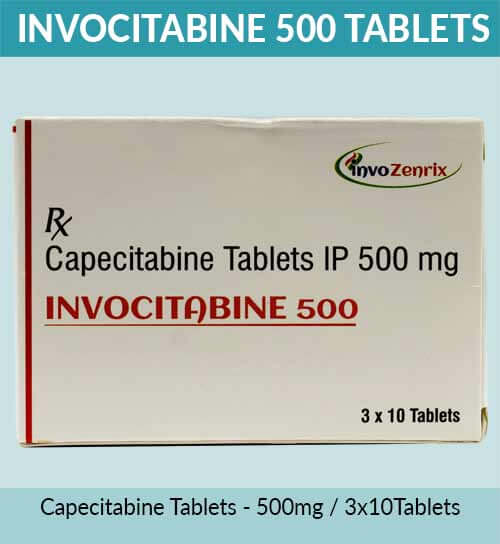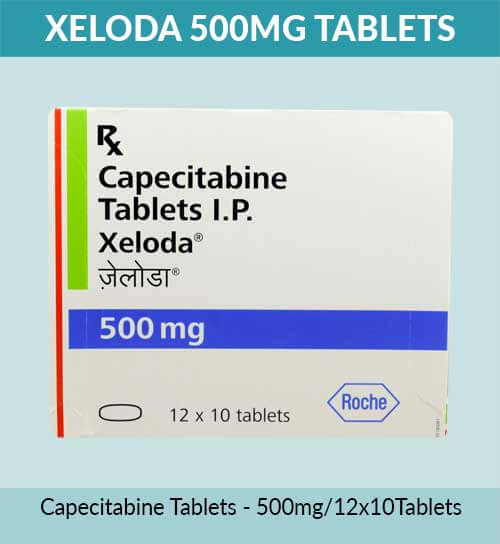Capecitabine
Capecitabine is a medication used in the treatment of various types of cancer, including breast cancer, colorectal cancer, and gastric cancer. It belongs to a class of drugs known as antimetabolites.
Capecitabine is a prodrug, which means it is converted into its active form, 5-fluorouracil (5-FU), in the body. 5-FU interferes with the DNA synthesis process in cancer cells, leading to the inhibition of their growth and division. It is particularly effective against rapidly dividing cells, such as cancer cells.
The medication is typically taken orally in the form of tablets. Once absorbed into the body, capecitabine is converted into 5-FU, which is then circulated in the bloodstream to reach cancer cells throughout the body.
Common side effects of capecitabine may include nausea, diarrhea, hand-foot syndrome (redness, swelling, or pain on the palms of hands or soles of feet), and fatigue. More serious side effects, such as bone marrow suppression or liver toxicity, can occur but are less common. Regular monitoring of blood cell counts and liver function may be recommended during treatment.
Capecitabine should only be used under the guidance and prescription of a qualified healthcare professional experienced in the treatment of cancer. It may interact with other medications, so it is important to inform the healthcare provider about all medications being taken, including over-the-counter drugs and supplements.
In summary, capecitabine is a medication used in the treatment of various types of cancer. It is converted into its active form, 5-fluorouracil, in the body to inhibit the growth of cancer cells. Regular monitoring and adherence to healthcare provider instructions are important during capecitabine treatment.
Note – The brand names and product descriptions used on this site are for informational purposes only and are the property of their respective owners.







